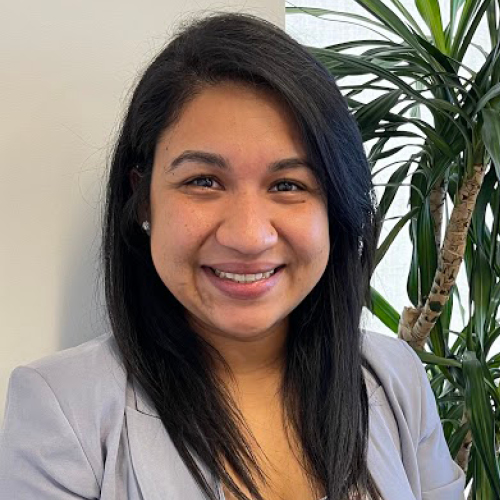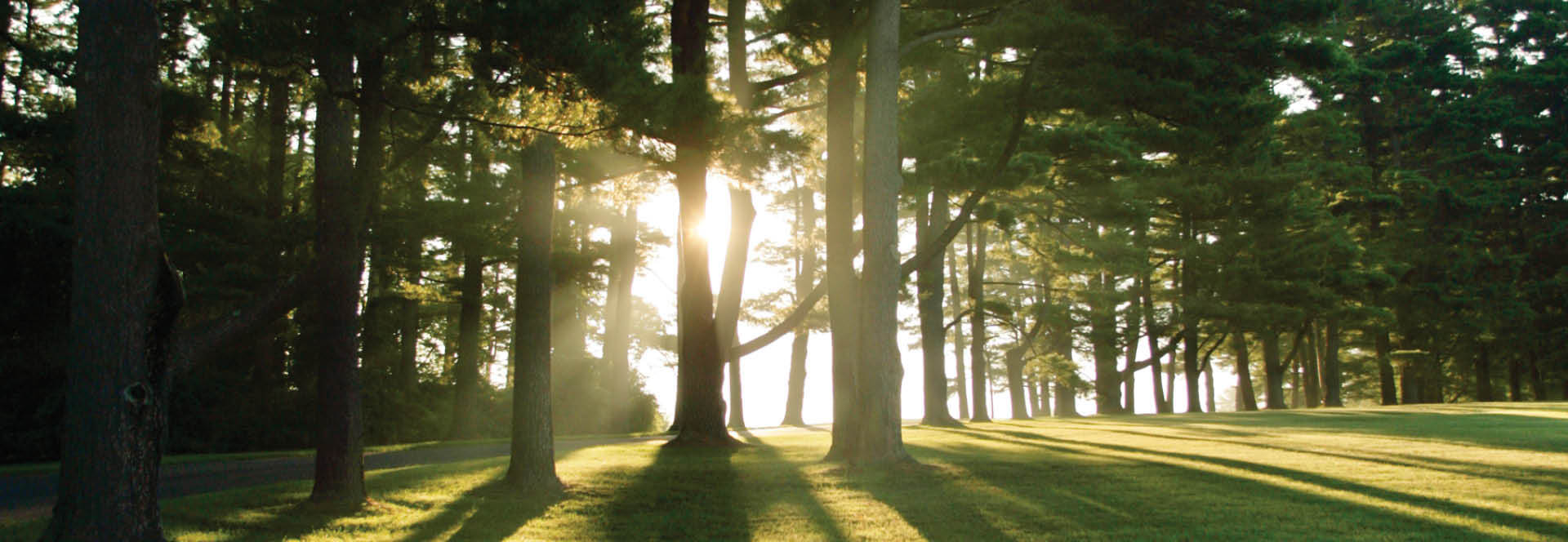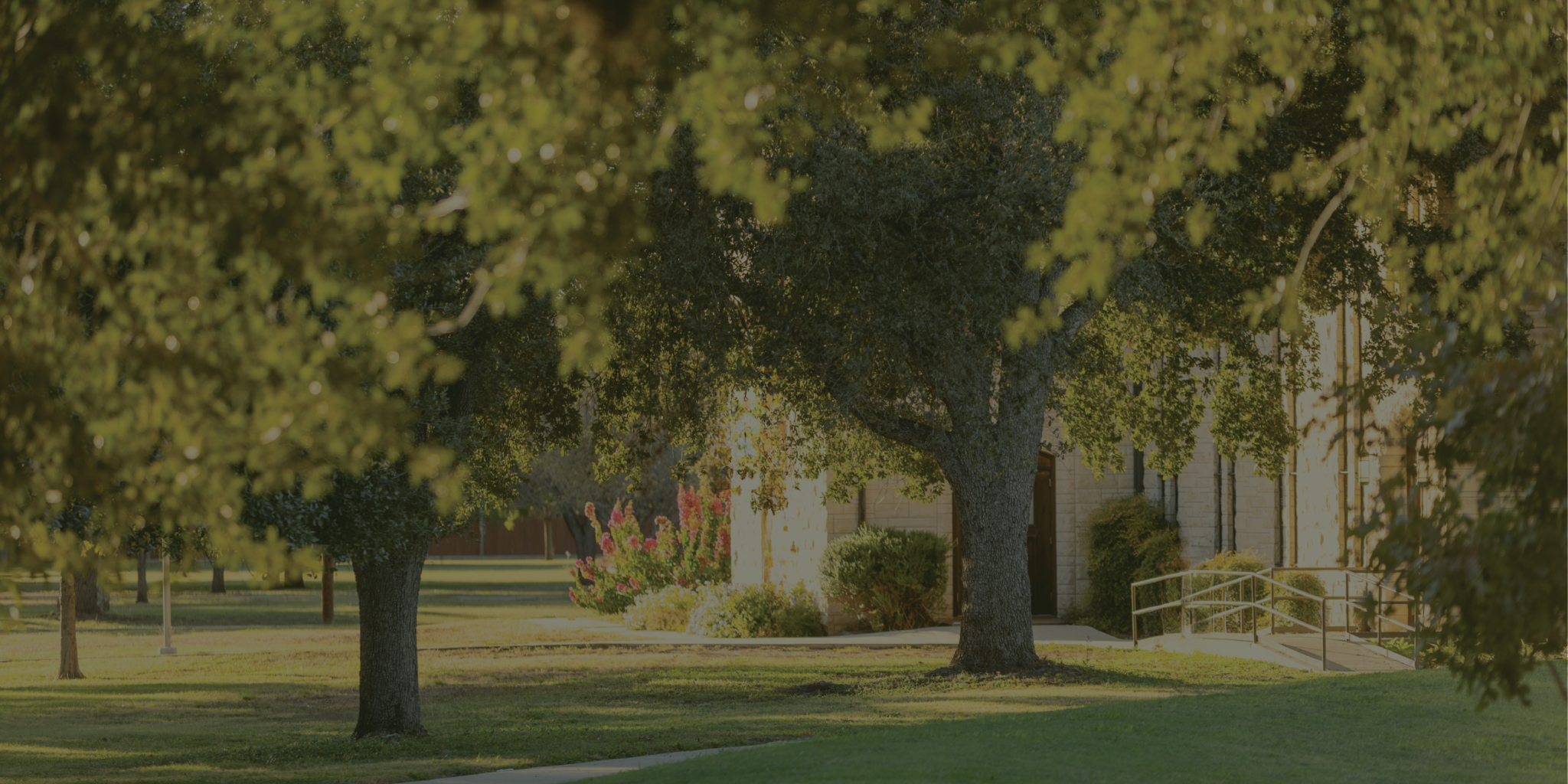By Janet Nava Cardenas
Assistant Director of Student Employment & Career Education, Mount Saint Mary’s University (CA)

My favorite memory with my abuelita (grandmother) is from when I was very young. I remember grinding maize outside in the molino (grinder) that was built into the outdoor kitchen until my weak little arms got tired. As she and I would grind and grind, I can still remember the smell of the fire burning as I anticipated the tortillas and heard the mangos dropping from the tree that provided shade to my abuelo (grandfather). If you’ve never ground maize, it requires a lot of arm strength, but my abuelita was strong and ground maize without a sweat. With each turn of the molino, she held onto stories of passion and resilience.
While I have many memories of my abuelita, this one is extra special. It allowed me to understand my culture and who I am through something tangible and sustaining. It taught me about passing knowledge down to the next generation; it taught me about strength; and it taught me about relying on a community to sustain my wellness. As I have grown older, these lessons have continued to ground me in who I am and who I want to continue becoming.
As a first-generation child of immigrants, my values are blended between the borders of Mexico and the United States. So, when my abuelita passed this last year, I was deeply saddened by the loss of an elder, but also filled with guilt and confusion: guilt of not visiting or not knowing her enough, and confusion as to what “enough” means when your journey is taking place in another country. It rattled me and led me to question whether I was still practicing the values I learned from her.
No matter where my abuelita lived, her teachings provided a compass for my values and my journey, and they continue to do so. In fact, my family and my vocation are intertwined, which is something that I find challenging and beautiful at the same time. Where I come from will continue to guide where I am going and who is alongside me. In these times—when we see so much divisiveness and misunderstanding of others—I look to my roots and community to find my calling. I remind you to do the same; vocation does not need to be an independent or solitary journey.
I invite you to reflect on the following:
- Can vocation be a calling carried by a community, rather than one we must seek out for ourselves?
- What family or community experiences do our students have that can strengthen their vocational discernment? Are we encouraging them to tap into those experiences?
- What role do our elders have in who we have become?
- How has your calling been informed by the values you learned in childhood?

To report a technical problem with the website, or to offer suggestions for navigation and content issues, please contact Alex Stephenson, NetVUE communications coordinator, at astephenson@cic.edu.



